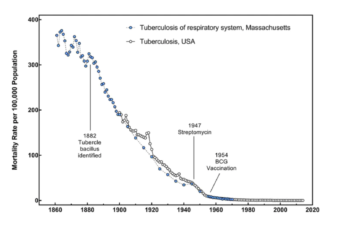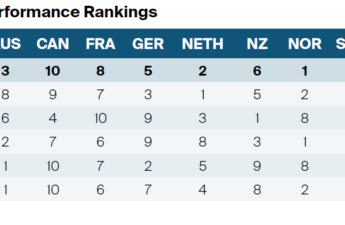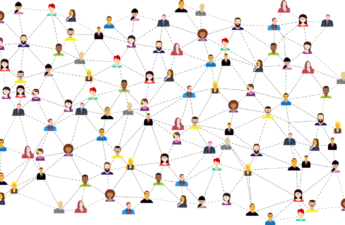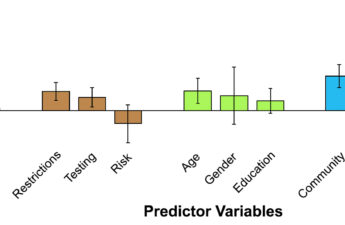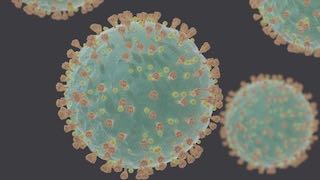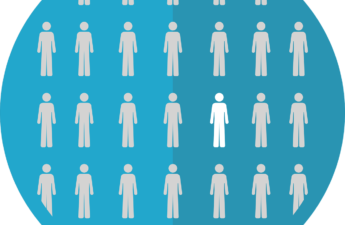Category: Social Determinants of Health
US birth rates are at record lows – even though the number of kids most Americans say they want has held steady
Birth rates are falling in the U.S.and are now close to the lowest level in a century. Is this decline because, as some suggest, young people aren’t interested in having children? Or are people facing increasing barriers to becoming parents?
Washington’s homelessness challenge focus of Inslee’s State of the State address
“When there’s not enough housing for all, rents and prices skyrocket beyond what many can afford,” Inslee said. “An until we fix our housing crisis, thousands of people will remain homeless.”
How your status, where you live and your family background affect your risk of dementia
Socioeconomic status has been closely linked to a range of health disorders, and dementia is no exception. Studies across multiple countries have shown people with higher socioeconomic status are less likely to develop dementia.
How the pandemic’s unequal toll on people of color underlines US health inequities – and why solving them is so critical
Differences in the social conditions in which people are born, grow, live and work can lead to health disparities.
Social factors are as important as pills and vaccines in the battle against Covid
Socioeconomic status, occupation and economic mobility and the primary drivers of unequal health outcomes.
U.S. health system ranks last among 11 high-income nations, study finds.
Remarkably, a high-income person in the U.S. was more likely to report financial barriers than a low-income person in nearly all the other countries surveyed: Australia, Canada, France, Germany, the Netherlands, New Zealand, Norway, Sweden, Switzerland, and the U.K.
Trees: The Critical Infrastructure Low-Income Neighborhoods Lack
The wealthiest Seattle neighborhoods have 65% more tree canopy cover than the highest poverty neighborhoods.
The dip in the US birthrate isn’t a crisis, but the fall in immigration may be – UW researcher warns
Migrants tend to be young, and to work. They contribute to the economy and bring dynamism to the society, along with supporting existing retirees, reducing the burden on current workers.
Here’s a mental health workout that’s as simple as ABC
There are simple and practical ways that can help everyone to enjoy good mental health.
Culture matters a lot in successfully managing a pandemic – and many countries that did well had one thing in common
Countries that prioritize the well-being of society in general have have fared better over the past year than more individualistic cultures.
Helpful behavior during pandemic tied to recognizing common humanity, UW study finds
A new University of Washington study links helpful behavior during the pandemic, such as donating medical supplies, to individuals’ feelings of connection to others
Why being stuck at home – and unable to hang out in cafes and bars – drains our creativity
It’s not the caffeine, it’s the people
Employers Require COVID Liability Waivers as Conflict Mounts Over Workplace Safety
Many employees, mostly lower-wage and minority workers in essential jobs, are calling lawyers to complain about the waivers.
Even the richest Americans lag the English on health
Middle-aged Americans have worse health than their English counterparts—and the difference in health between rich and poor is much larger in the U.S.
Significant disparities in U.S. life expectancy found at census-tract level
Socioeconomic and demographic variables, especially education, income, and race, were strongly associated with life expectancy, the study found.




